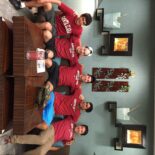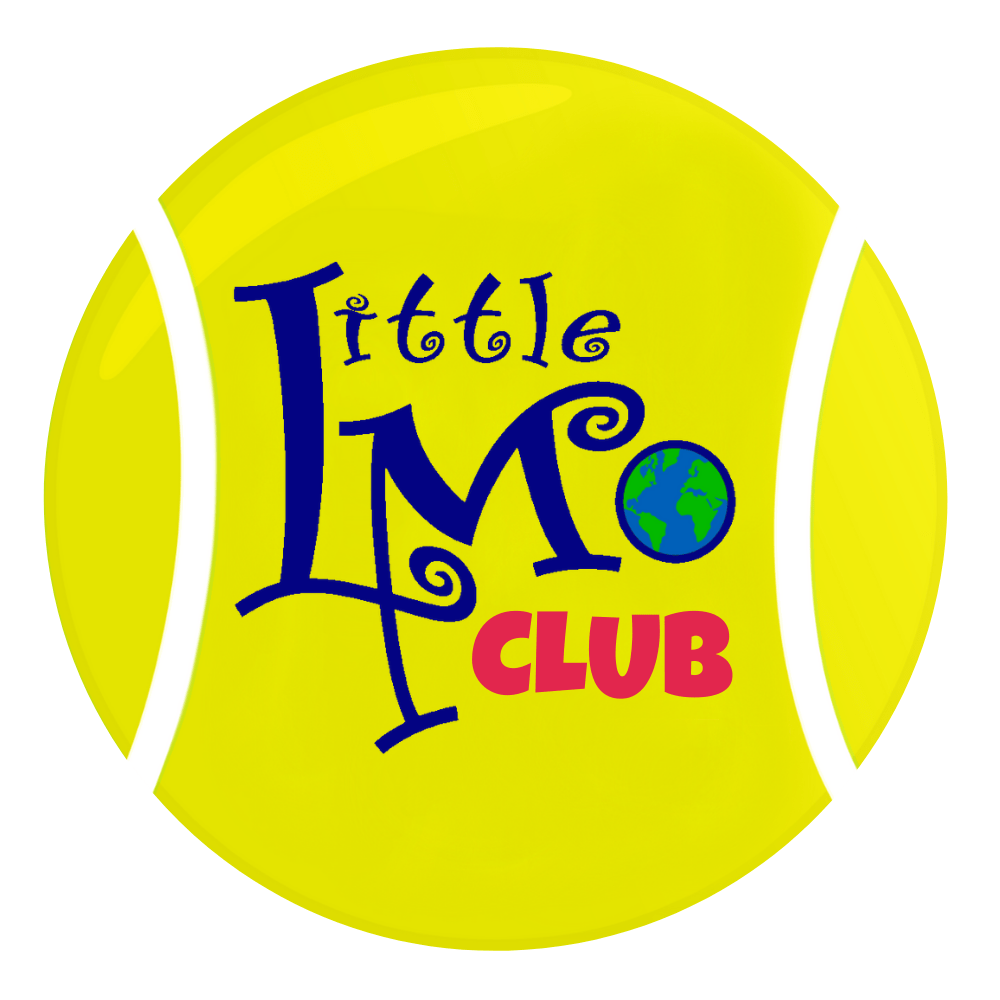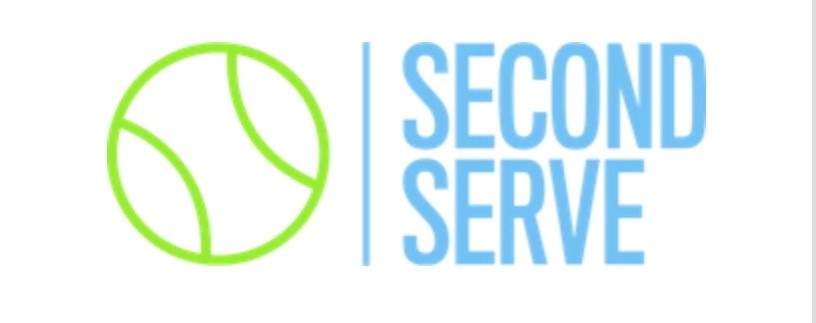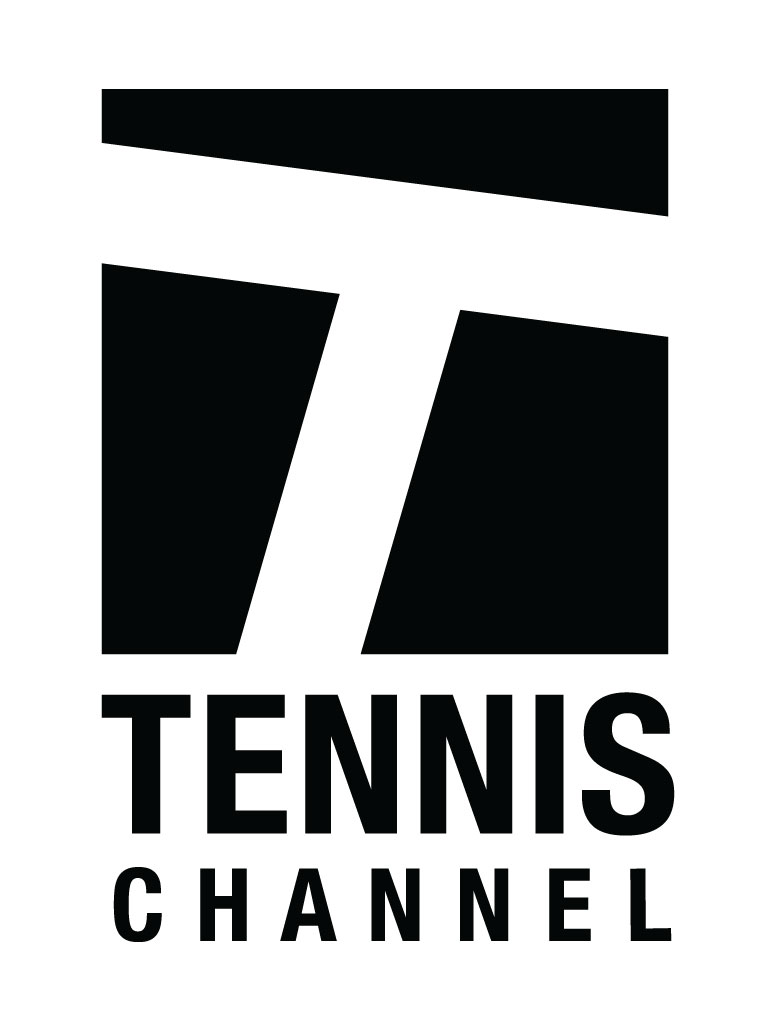Are You A Helicopter Parent?
Up Next
 Weekend with the Broncos
Weekend with the Broncos

Photo courtesy of www.aerospace-technology.com
Today’s Guest Post is courtesy of Frank Giampaolo. Many of you know Frank from my radio show interviews with him and from his book, The Tennis Parent’s Bible. Frank is a 30-year high performance tennis coach, sports education veteran, author, speaker and instructional writer for national and international publications. He is the bestselling author of Championship Tennis (Human Kinetics Publishing), The Tennis Parent’s Bible and The Mental Emotional Workbook Series. His book Raising Athletic Royalty has just been released January 2015. Visit MaximizingTennisPotential.com for more information.
While in the trenches coaching on the ITF tennis circuit, I sadly witnessed over-protective parents stunting the growth of their junior players. These types of parents have been lovingly nicknamed “Helicopter Parents.”
By insulating their athlete, the helicopter parent is developing the exact opposite skill sets needed to advance the critical mental/emotional components of a winner. Controlling helicopter parents often unknowingly promote insecurity and dependency in their young adults. Children need to experience both positive and negative life situations to become confident and independent thinkers. Growth stems from mistakes and lessons learned.
Characteristics of Helicopter Parenting:
- Shielding the child from every possible disappointment and any real or imaginary conceivable hardship.
- Choosing to enforce their version of the solution without even considering the child’s opinion.
- Failing to promote an open and supportive atmosphere that would encourages the child to volunteer their opinion.
- Seeking to control everyone and everything in an attempt to give their child the upper hand.
Helicopter Tennis Parent Warning Signs:
- Coddling and Pampering your Athlete
This parent treats their athlete like a toddler –incapable of doing anything for themselves. “You rest honey, Mommy will pick up your balls, carry your bag & water cooler, refill your ice, order your lunch, cut up your salad …etc.”
- Being Overly Defensive of your Athlete’s Performance
This parent makes excuses for any and everything their athlete does wrong, making it impossible for their athlete to be accountable. “My gifted child is the best out there. After all, she comes from our phenomenal gene pool. Losses are never her fault.”
- Nurturing Dependency of your Athlete:
This parent convinces their athlete that their success is dependent on them and without their help they are incapable of success. – “I’m the only one she can trust. I’ve always solved her problems and always will because … I’m her mother.”
Suppose the helicopter parent actually allowed the junior athlete to think, act, talk, fail and/or succeed on their own?
The benefits are startling. The athlete becomes more responsible, independent, self-reliance and confident. And with these skills, the athlete is able to develop their problem solving/conflict resolution skills. At the higher levels of competitive tennis, resolving issues and overcoming hardships is the essential mental and emotional tennis developmental skill that separates winners from losers. Winners overcome on-court crisis and persevere because they are nurtured to solve their own problems.
Let’s look deeper at the cause and effect of parenting styles and on an athlete’s mindset:
Scenario 1: The parent is a perfectionist and does most everything for their child correctly. The athlete experiences no mental/emotional skills growth because the issue is solved for the child by the parent.
Scenario 2: The parent attempts to do everything for the athlete but fails. The athlete experiences no mental/emotional skills growth because there’s zero player accountability. Failure wasn’t the athletes fault, it was the parents fault.
Scenario 3: The parent encourages the athlete to do it themselves and the child actually succeeds. The athlete develops self-reliance, confidence, responsibility, self-esteem, personal belief, and time management skills.
Scenario 4: The parent encourages the athlete to do it themselves and the child temporarily fails. The athlete is taught recovery skills, accountability, problem solving skills, perseverance, and organizational skills.
Scenario 5: The polar opposite of a helicopter parent is the unaccountable parent. This parent refuses to assist the athlete at all- believing the child’s sport is their “thing.” Elite athletics demands a supportive team. Without parental support, the athlete is limited in their athletic success.
Parents, your role in managing your athlete’s developmental pathway is essential. But please remember that winning tennis requires your athlete to have the capability to take an “emotional hit” and recover. This is a learned developmental skill. The inability to problem solve for themselves is the missing link that separates good from great.
If you know a helicopter parent suffering from this dreaded disease please forward this article. Thanks, Frank
To receive a Free Match Chart Collection ebook and free monthly Maximizing Tennis Potential Newsletters, simply email Linda at [email protected]
Editor’s Note: I recently heard another term – Lawnmower Parents – which describes those of us who mow down any obstacles in our children’s path. It’s so tempting to clear the way for our kids as they strive to reach their goals, but are we really doing them a favor when we make it easy for them? Food for thought . . .












